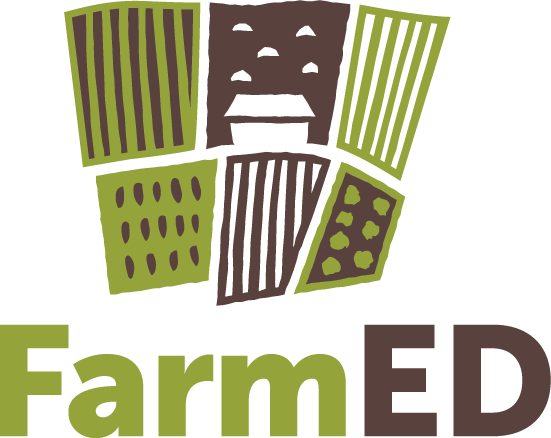1950s - 2013
Jim and Wendy Pearse farmed Honeydale Farm from the 1950s until 2013. Honeydale was once part of the larger Coldstone Farm which stretched up the Charlbury Road and encompassed College Farm, which Jim's relatives farmed in the 1600s. When they had to leave Coldstone, Jim's parents bought the highest 107 acres - which is now Honeydale Farm.
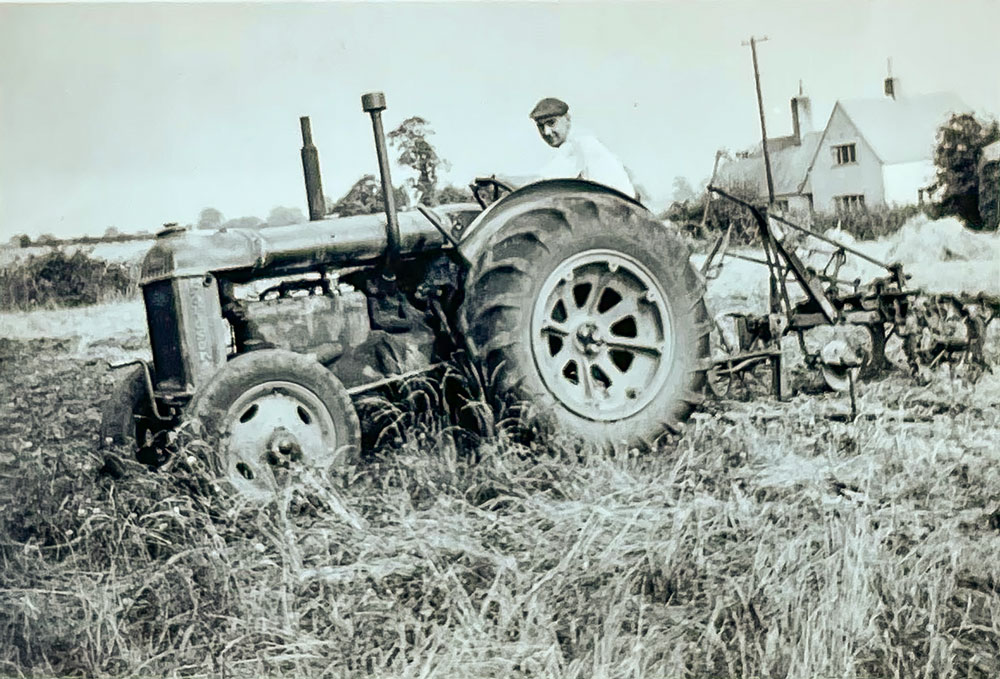
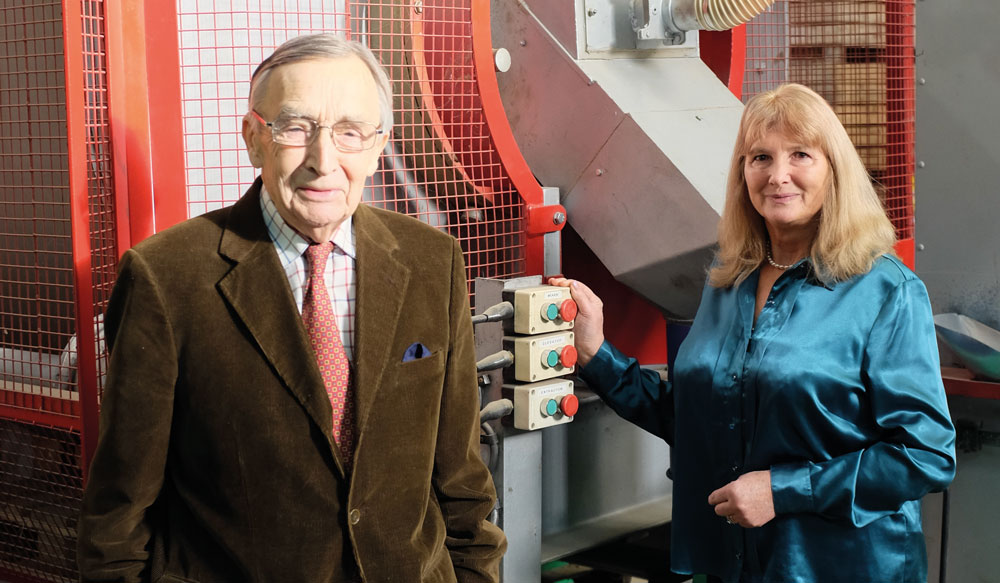
1974
Cotswold Seeds was founded by Robin Hill and Ian Wilkinson joined the team after studying Farm and Grassland Management at Berkshire College of Agriculture. Ian helped build the company's reputation for developing forage, herbal leys, green manures and complex seed mixtures, along with providing a personal service to its customers, which now number 20,000 farmers and landowners across the UK. Ian always envisaged that Cotswold Seeds would have a demonstration farm one day.
2013
Cotswold Seeds celebrated its 40th anniversary and in October, Honeydale Farm was being sold at auction. Ian and his son, Jack, successfully bid and bought the farm!

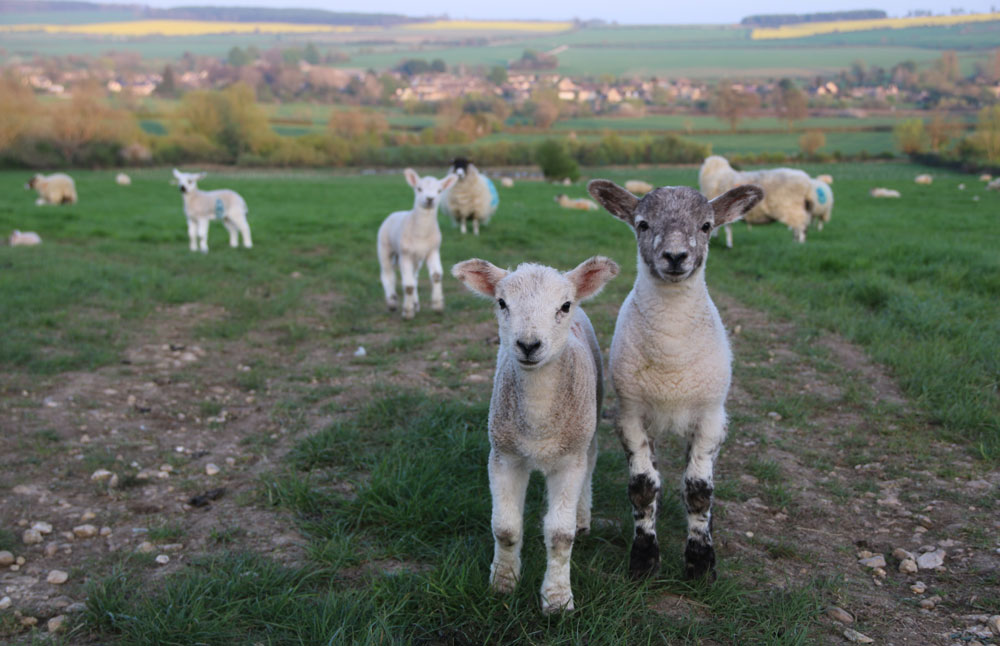
2014
In April, we welcomed the first lambs to graze the grassland. A baseline survey was conducted to record the wildlife at Honeydale Farm as it was important to know what was on the land before we started to make changes. It was found that there were 30 species of bird and that the soil contained an average of 4-5% organic matter. We then embarked on the creation of a wildflower area and shelter belt of trees at the top end of the farm, to create a habitat for farm and woodland birds. We also started talking to architects.
2015
The Natural Flood Management project was completed, rerouting the running spring to help reduce the likelihood of flooding along the Evenlode Valley as well as creating a new wetland habitat area. Six thousand shrubs and trees were planted, along with 450 metres of hedging. What was once fields of barley were ploughed before sowing sainfoin, herbal leys, green manures and experimental seed plots. Our apiary was established with honeybees and we began creating our hertiage orchard, which included most of the old Oxfordshire varieties. In August we held our first ever event, a Pollinator Day, in collaboration with The Wychwood Project and over 50 people joined us!
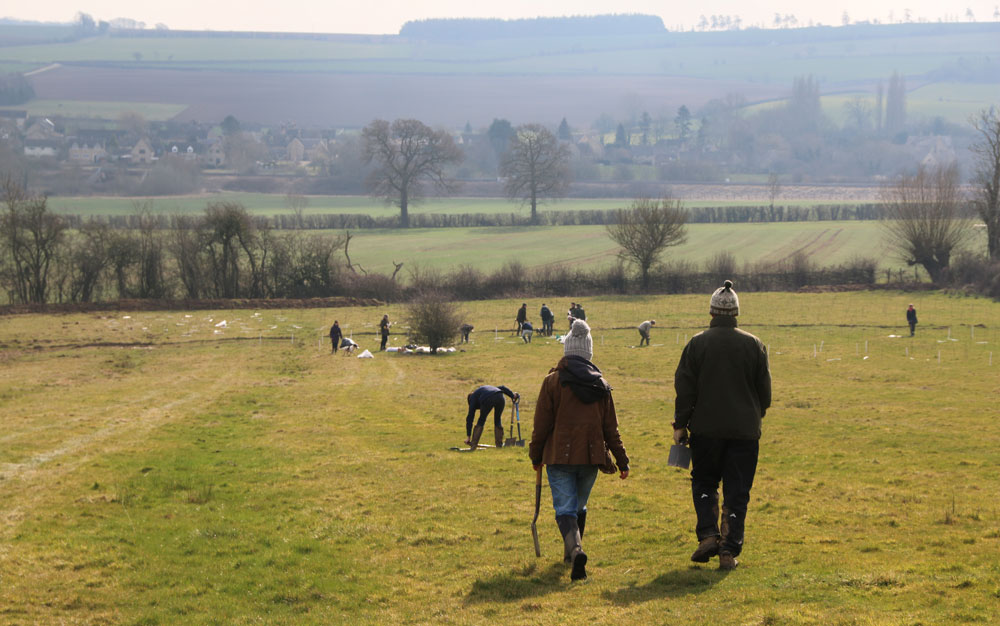
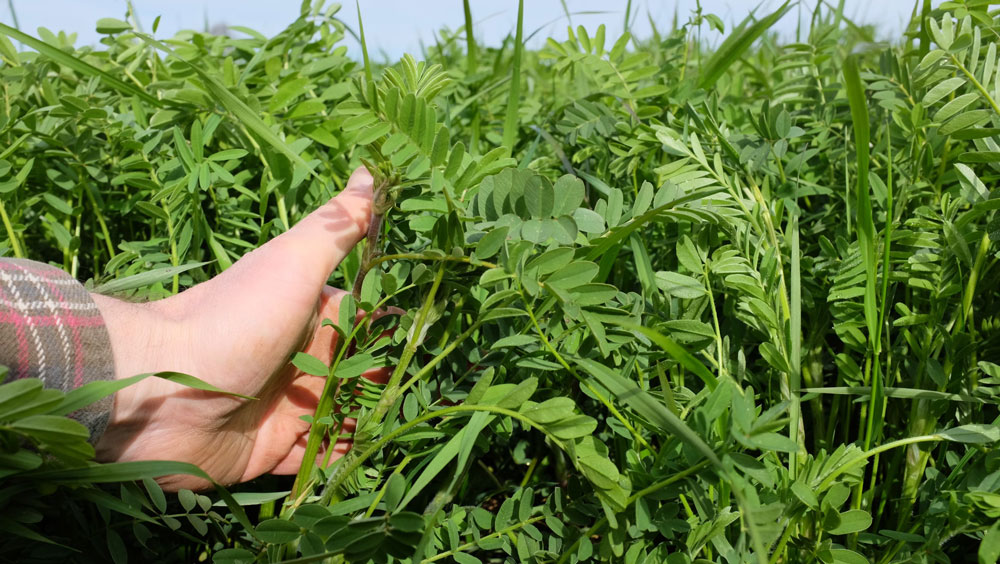
2016
BBC Radio 4's 'Farming Today' visited us to talk about the benefits of herbal leys in terms of soil and animal health and sustainability. The winter 2015/16 Bird Survey recorded an impressive 1169 birds of 47 species! Prime Minister and local MP, David Cameron, came to see the Natural Flood Management, we harvested the first batch of honey and we won the Wild Trout Trust Conservation Awards.
2017
Work started on relocating the entrance and driveway. We carried on working closely with our architects, who began drawing up visualisations, ensuring that the replacement farm buidlings would be in keeping with the landscape of the Cotswold AONB. Although the development of the FarmED centre was in its preliminary stages with no buildings or facilities, we were already welcoming visitors who were keen to see the work we were doing, including the National Trust farm team and Oxford University PhD students.

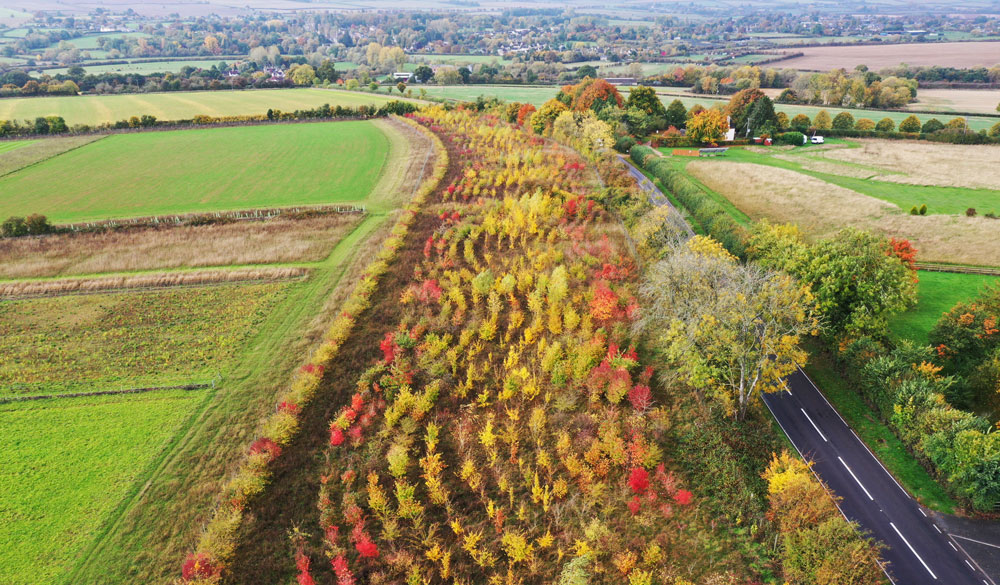
2018
In May we were delighted to announce that the planning for the FarmED centre was approved! FarmED was officially born and in July, The Kitchen Garden People began setting up the onsite kitchen garden. We planted two acres of heritage wheat and the trial plots, which are in collaboration with Reading University, Rothamsted and the Duchy College, were cut for silage. In collaboration with the Woodland Trust we began creating a shelter belt around the new farm track, comprising over 2000 native shrubs and trees. The old buildings were demolished and the initial groundworks were completed.
2019
Construction continued and by March the cladding and roof were in place. Bird boxes were incorporated in the gable ends and construction of the chimney and courtyard were landscaped. By June, the Conference Barn was completed and works began on the Cafe building. Trees were planted along the drive and around the car park to benefit wildlife as well as creating a beautiful approach to the centre. We welcomed NIAB and the University of Sheffield to test the soil as part of a research project on reintroducing sheep into arable rotations. We opened our doors for the first time to a group of Finnish farmers, followed by Sylva Foundation, DEFRA, Natural England and the Committee on Climate Change.
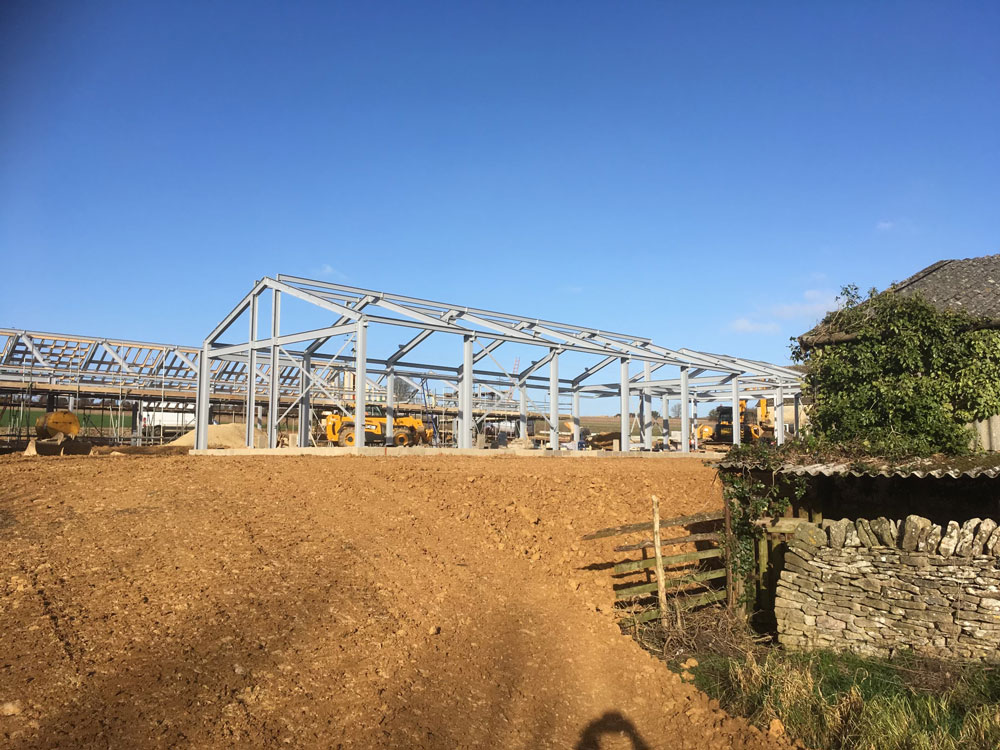
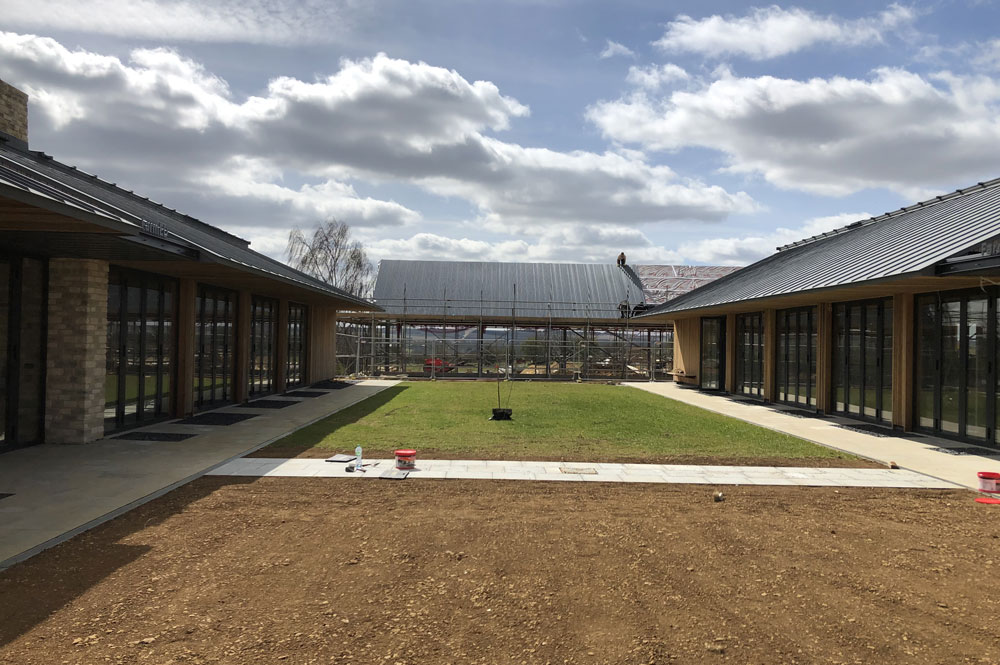
2020
Works began on the third building, which is the agricultural barn, where you'll find machinery and the vegetable packing shed. Our opening was delayed by the COVID19 pandemic but farm work carried on. Sheep mob grazed the herbal leys, the kitchen garden expanded, and a new polytunnel was built. During lockdowns we took part in webinars, podcasts and made a film. We planned a micro dairy and won a Green Tourism Award. Once we could open up again, we hosted a Military Rural Careers day, welcomed the local farming cluster and invited Cotswold Seeds customers to visit FarmED.
2021
A momentous year for the farm, the then HRH Prince of Wales came to officially open FarmED in June! We also opened The Dairryy at Honeydale, a trio of Fleckveih heifers arrived and the first calves were born on the farm. We launched our first courses and events. One thousand eight hundred trees were also planted by volunteers, creating our agroforestry strips. We featured on 'Countryfile' and 'Escape to the Country' and the Cafe opened its doors to the public!
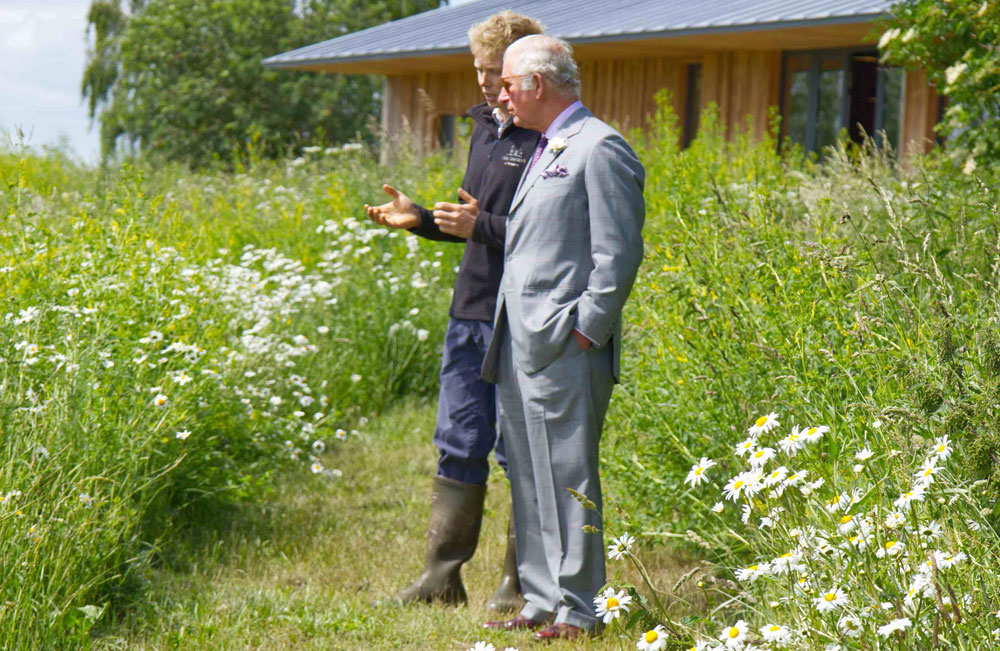
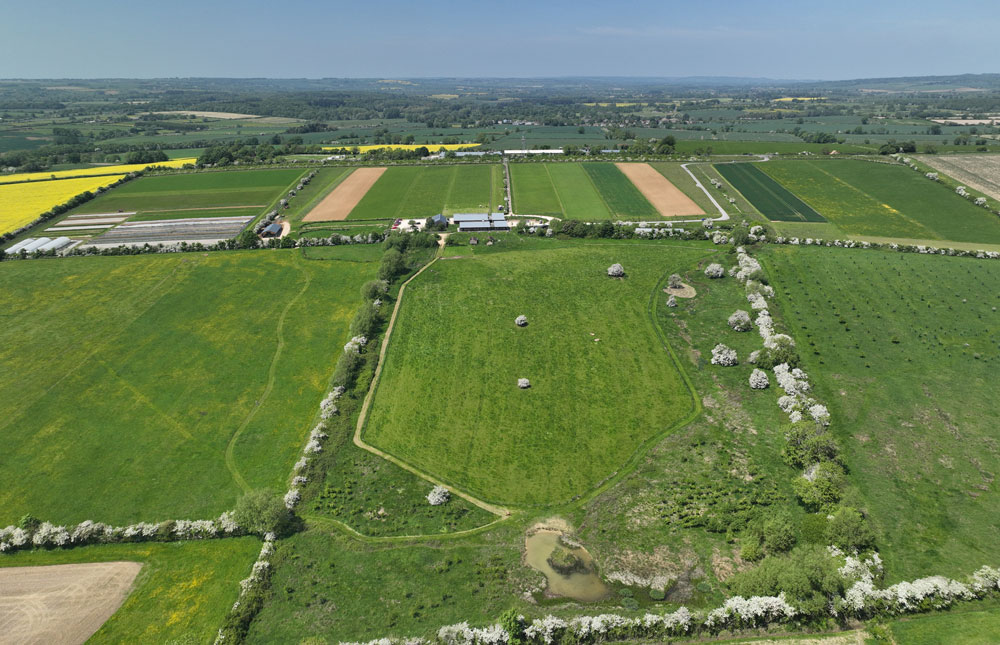
2022
We hosted our first Farm & Food Literature Festival, along with hosting the Oxford Real Farming Conference in the Field event. FarmED was recognised by the High Sheriff of Oxfordshire in the Climate Action Heroes Awards. The crew from Six Inches of Soil came to film and we were shortlisted for the prestigious Ashden Awards.
2023
We won a hat trick of awards this year, including the Ashden Awards; Ian and the team went to the Royal Geographical Society to collect the award. Our architect, Timothy Tasker collected two architectural awards for our buildings, including winning the RIBA South East 2023 award. We welcomed over 25,000 visitors this year, including local people, artists, writers, politicians, policy makers, scientists and scholars.


